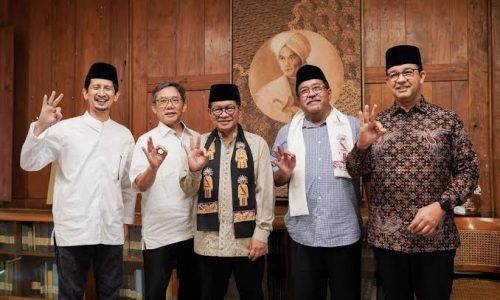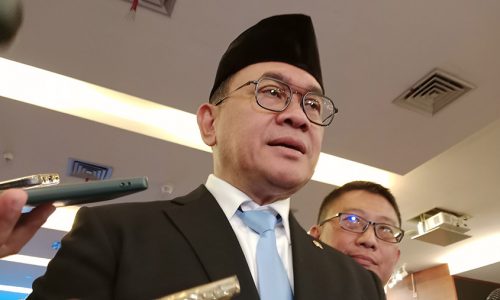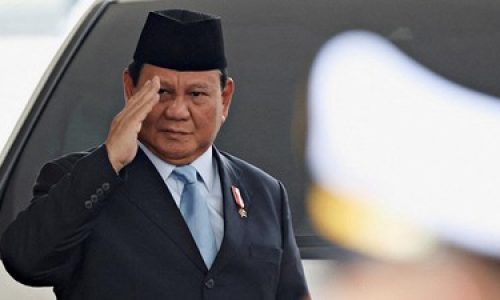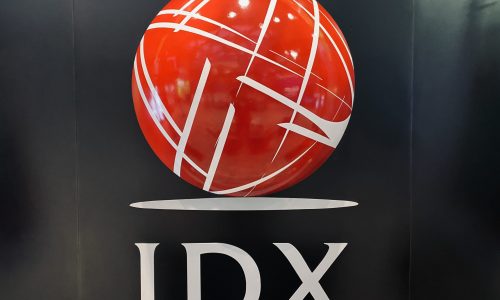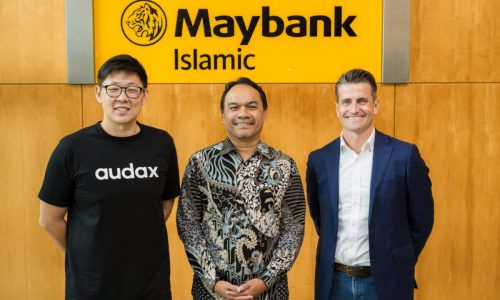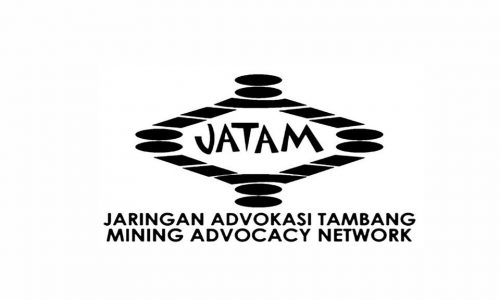The Indonesian government’s policy to stop crude nickel exports since 2019 apparently has had a positive impact on state revenues as it has increased by 19 times. Nickel itself is the dominant component in electric batteries. It is undeniable that in recent years battery has become a more important item due to the increasing production of a variety of gadgets to new technologies for electric car.
“This year, [we] stop [exporting] tin. Next year, [we stop exporting] bauxite, [and] in the future, copper,” President Joko Widodo said at his opening remarks at the 100 Indonesian Economist Workshop in Jakarta on September 10, 2022.
The president and his staff predicted that Indonesia might lose in trade dispute with the European Union (EU) and the World Trade Organization (WTO) regarding the cessation of exports of raw nickel ore products. However, Indonesia is not worried about it because downstream mining remains a government commitment.
Government steps
Indonesia has anticipated if it lost in the WTO session by making new rules that would make European countries think again about importing nickel ore from Indonesia. One of them is by increasing export taxes for nickel ore commodities.
Nickel ore derivative products produced by smelters are still dominated by FeNi (ferro nickel), NPI (nickel pig iron) and nickel mattes. The three derivatives are derived from saprolite nickel (high-grade nickel ore) which is mainly used as raw material for making stainless steel and further processed for other derivatives. Meanwhile, to make electric batteries, what is needed is a derivative of limonite nickel (low-grade nickel ore). So far, there are no smelters in Indonesia that process limonite nickel.
Facing this, the government needs to do at least two things. First, impose export barriers for products from saprolite nickel derivatives and at the same time provide concessions for exports of smelters that produce limonite nickel derivatives.
Second, the provision of mining quotas or nickel production for a certain period, for example for one year or five years. From this regulation, it is expected that smelters will adopt hydrometallurgical technology and encourage limonite nickel derivative products. Then with the existence of quotations and mining diversification, it is possible to make the amount of nickel resource extraction more proportional.
Investment destination
Indonesia has been known as the world’s largest producer and exporter of nickel, the main raw material for electric vehicle (EV) batteries,which controls 27% of global market needs. The government’s step to downstream mining is apparently supported by foreign investors, as evidenced by the list of companies that have committed to enter Indonesia, including LG of South Korea for US$ 9.8 billion, China for US$ 5.2 billion and Foxconn Taiwan for US$ 8 billion. In addition, Volkswagen and Germany’s BASF also expressed interest in investing in Indonesia.
So far, there are four locations that have become investment destinations for these countries. China invests a lot of capital in Central Sulawesi and North Maluku while Singapore to Riau Islands. Meanwhile, Hong Kong invests a lot in North Sulawesi.
Following the ministry of trade’s unsuccessful diplomacy attempt in WTO, there’s a high chance that the EU will win the lawsuit. The government has prepared several plans to keep limiting nickel exports:
- High taxes will be imposed on nickel exports
- Tax incentives will be adjusted for investors who will focus on investing in smelters in Indonesia (to prevent investors from moving to Malaysia)
- Nickel downstream will continue to run for the success of the battery industry and the electric car program


